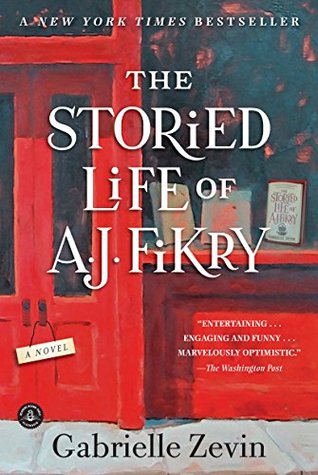You may have noticed, based on my monthly wrap-ups, that I like to read classic literature. I already have a hard time finding other people in my personal life who read, but I've never met anyone in person who read classic lit as well (though it's not exactly easy to find online either). People I've heard mention wanting to get into classic lit have always expressed that they're a little intimidated by the genre and are afraid that whatever they decide to read will be beyond their level of understanding. So, if you're one of those people, I've put together a list of classic books that are easy to read and some tips for better understanding them, so maybe you'll feel more confident and encouraged to try some. I've also tried to include a variety of genre's so there should be something to fit everyone's reading tastes.
✿ TIPS ✿
1. Length. Starting with shorter works will, of course, be easier than starting with longer works. And by this, I mean something around 100-200 pages will look less intimidating and be quicker for you to get through than something like the very beefy
War and Peace. Sometimes classics can drone on a bit so something shorter will keep your attention better.
2.
Sparknotes. This is a fantastic website to use when you first get into classics. It has tons of information about classic literary works that can give you some background or insight into the significance of the work. It also has chapter or section summaries that can help you decipher what you've read as you're reading through a book if you need help understanding the content. Sparknotes also offers quizzes, so if you feel the need to quiz yourself to see how much of the story you've retained, it's a great tool to utilize.
3.
Buddy-reads. If you know anyone who is also interested in reading classics, buddy-reads are a great idea. Not only will you have fun reading the work with a friend, but you'll also have someone to discuss it with and who can help you if you get stuck, and vice versa.
4.
Adaptations. Either after you read the work, or before (if you don't mind the plot being spoiled) it's a good idea to watch an adaptation of the work. It will add to your general understanding of what you've read and it can be fun to see something you've read play out on a screen, especially when the adaptation is a unique reimagining of the work. (*Ahem* 1996
Romeo & Juliet)
5.
Modern Classics. Probably my biggest tip would be to start with more recent classics (or modern classics) and work your way back from there. Some easier-to-read modern classics I'd recommend are...




